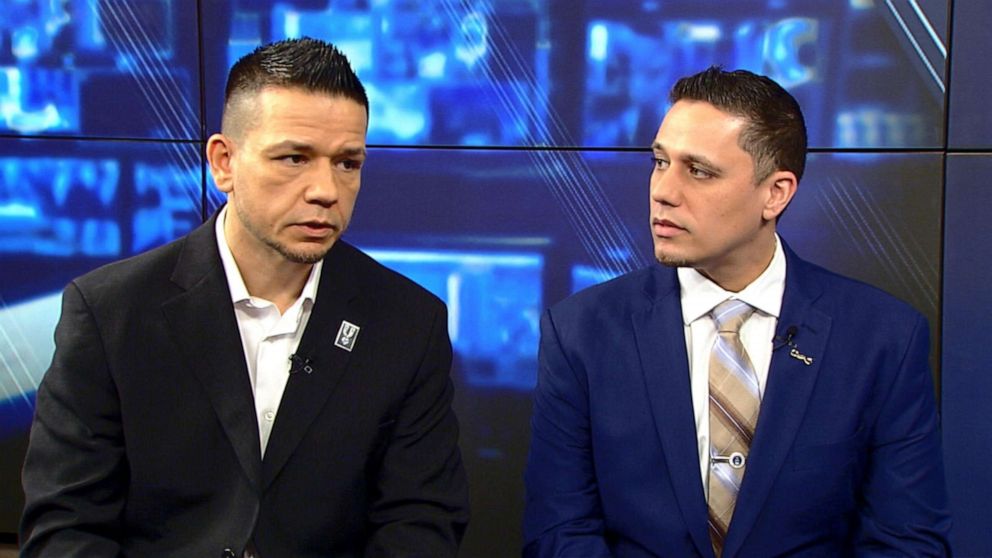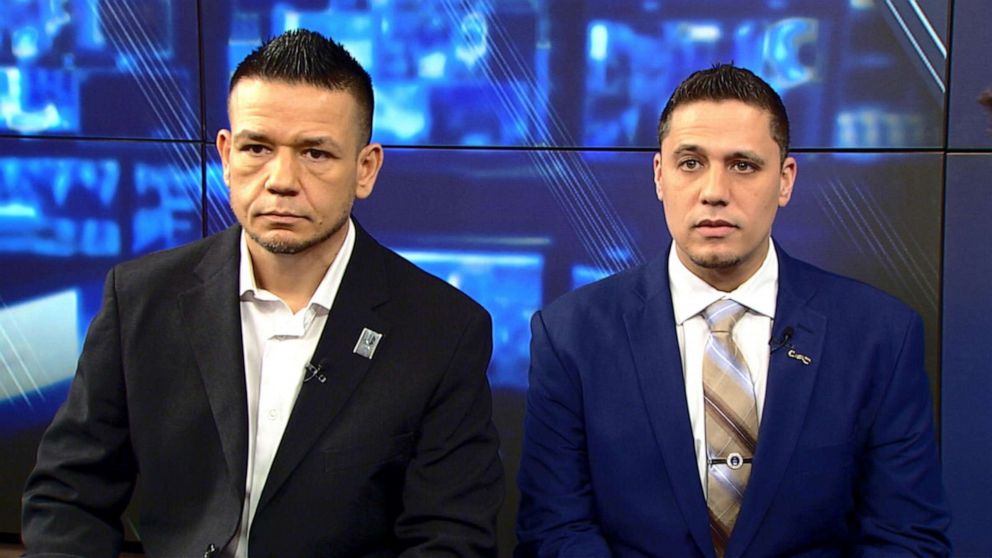Veterans give helping hand to fellow vets struggling to adjust to civilian life
Over 200,000 military service members transition into civilian life every year. Although the Department of Veterans Affairs works to prepare service members for post-military careers through counseling and other resources, many veterans struggle outside the community of military life -- that's where fellow veterans Dre Popow and Frank Rivera have stepped in to help.
Frank Rivera, a U.S. Air Force veteran, felt an overwhelming lack of support when pursuing his bachelor's degree after his service. Frustrated by his own experience, he decided to become a resource for other veterans seeking a college degree.
After providing support to vets in community college, Rivera was selected to launch the Military and Veterans Affairs department at the New York Institute of Technology in January 2019. His program currently assists 115 former service members.
Popow noticed that veterans in his community were being prescribed medication to deal with trauma. "I ... lost more Marines when they return from their combat tours of duty to suicide than the war itself," said Popow, a combat veteran and former Marine.

After experiencing negative effects from medical treatment firsthand, Popow decided the only way vets would receive the specialized care they need is if they provide it themselves. He launched Veterans Rebuilding Life in 2011. With it, comabt veterans help rehabilitate fellow veterans through holistic mental health care, job placement and skill development.
The organization's Program 360 initiative immerses participants in a humanitarian project serving children in countries soldiers fought in, helping those veterans overcome "combat guilt."
Both men stress that lack of access to resources plays a major role in the successful transition of former service members into civilian life.
According to Rivera, many veterans in the nation's colleges lack a community of people who understand what they've been through. "When you have a completely different life experience at 25 it's difficult to relate ... and feel like you're supposed to be there," he said.
"How can I ease that transition and what kind of support can I give [veterans] to really help them achieve their individualized success?," are questions that those who want to help vets should ask, Rivera advised.
Outside of institutions, family and friends play a huge role in the success of a vets’ transition. Popow suggests mediation services can provide safe spaces for children and spouses to come together because "it affects the entire family when one vet goes to war," he said.




